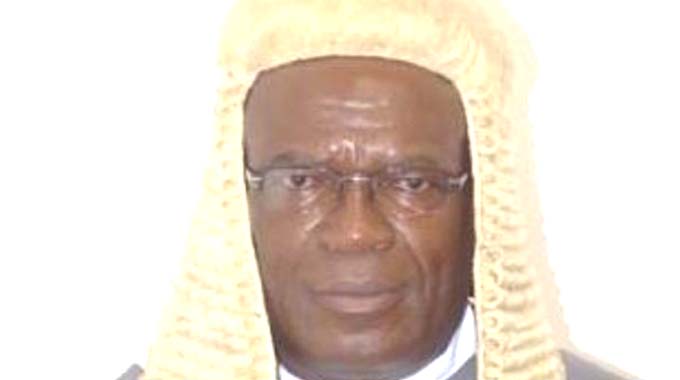High Court assessors under the spotlight

Daniel Nemukuyu Senior Court Reporter
THE constitutionality of provisions of the High Court Act empowering assessors to decide on matters of fact in criminal trials while sitting with a presiding judge has been challenged, with lawyers arguing that the two “laypersons” may end up holding a majority vote.
Section 3(b) of the High Court Act makes it mandatory for a judge of the High Court to sit with two assessors in criminal cases.
Assessors are usually retirees from different fields, including education and media. They are appointed on a contract basis to assist the High Court in criminal cases.
Section 10 (2) of the same Act, effectively makes assessors decision makers on matters of fact that arise in the trial, which are determined by the majority of the members of the court.
Lawyers argued that allowing laypersons to make decisions in such important cases may result in the court verdicts being premised on the findings of the assessors.
Although the judge may issue a dissenting judgment, the lawyers feel the Constitutional Court should look into the matter and decide on the constitutionality of the provisions of the High Court Act.
Advocate Edley Mubaiwa instructed by Munangati & Associates raised the issue in a case in which Almerico de Gouevia is being charged with murder at the High Court.
Adv Mubaiwa objected to two assessors sitting in the matter before Justice Tawanda Chitapi seeking referral of the constitutional issues to the Constitutional Court.
Justice Chitapi last week ruled that the request was neither frivolous nor vexatious before referring it to the Constitutional Court.
“Having considered holistically the provisions of the legislations at play in this application and the parties’ arguments, I am persuaded that I must refer the constitutional questions by the applicant as they appear on the statement of agreed facts,” he said.
“In accordance with the provisions of Rule 24(7) of the Constitutional Court Rules, 2016, the Registrar is directed to prepare and transmit the record of proceedings to the Constitutional Court within 14 days of this order and the parties’ legal practitioners shall liaise with the Registrar in regard to the preparation and authentication of the record.”
Justice Chitapi noted that the assessors were indeed decision makers in the criminal court cases.
“In terms of the provisions of Section 10(2) of the High Court Act, the assessors are effectively decision makers on matters of fact because in terms thereof questions of fact arising during the trial are decided by the majority of the ‘members of the court’.
“Essentially, therefore, what this means is that the judge may be the minority member in relation to determining a question of fact,” ruled Justice Chitapi.
Justice Chitapi noted that Section 10(4) of the High Court Act saddles the judge with the duty to write both the dissenting reasons and majority reasons for the decision of the question of fact.








Comments